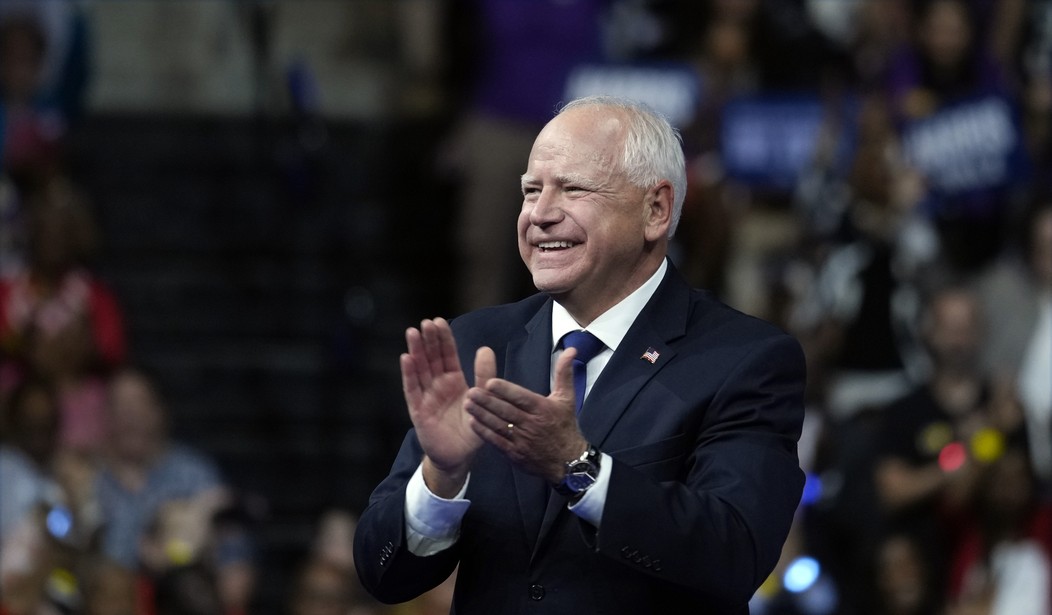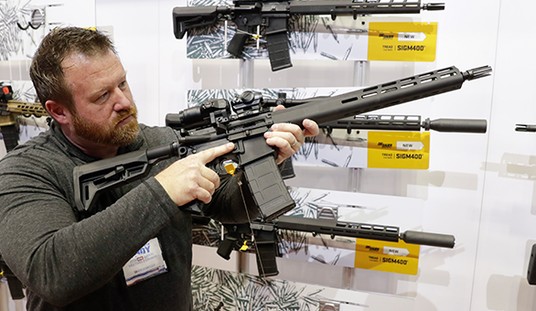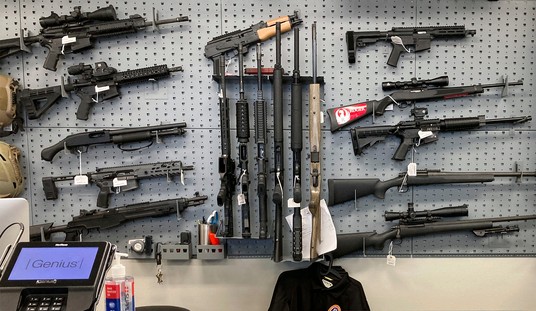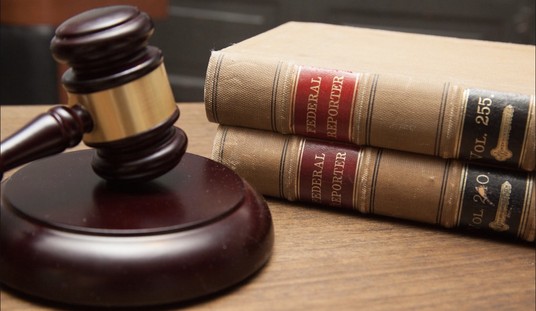After four teens were shot in a stolen car in Minneapolis over the weekend, some local police are pointing to a lack of consequences in the juvenile justice system, noting that two of the teens had been arrested just two weeks prior but were released to their parents instead of being taken into custody.
Minneapolis police chief Brian O'Hara says the juvenile justice system isn't just failing to deter underage crime, but is "failing these kids as well."
But Hennepin County Attorney Mary Moriarty says the fault doesn't lie with her office. Instead, she's pointing the finger at local police, who she claims aren't working with her office as they should.
"None of the children ... who were shot while riding in a stolen car over the weekend had been referred to our office by law enforcement for youth auto theft early intervention," Moriarty said in a statement. "We encourage MPD to collaborate with us to ensure that youth can have access to early and effective interventions. "
At a news conference Monday, O'Hara strongly disagreed with Moriarty's assessment.
"Our juvenile investigators referred two cases to the county attorney's office involving two of the individuals for felony charges on Aug. 9," O'Hara said. "The kids weren't charged, they weren't diverted and despite pleas from their parents begging for help, begging for them to be detained, they were let back out into the street, into the same environment to commit more crimes, which they did over the weekend."
Sounds like O'Hara brought the receipts. It may be that the two teens who were arrested just a couple of weeks ago weren't referred to the prosecutor's "youth auto theft early intervention program", but that's only because officers presented prosecutors with felony charges instead. So why wasn't either teen officially charged with a crime? So far, O'Hara hasn't said.
You'd think Minnesota Gov. Tim Walz would want to weigh in on this as well, but I guess he's too busy with the DNC in Chicago to pay much attention to the juvenile crime taking place in his own backyard. Or maybe Walz doesn't want to draw any attention to the high number of crimes committed by juveniles in the Twin Cities, especially when he has his own issues with going soft on juvenile offenders.
As Minnesota Gov. Tim Walz celebrates on the first day of the Democratic National Convention on Monday, a man whose murder sentence he commuted will face trial for additional crimes he’s accused of committing since the now-Democratic vice presidential nominee set him free early.
Myron Burrell was given a life murder sentence for the 2002 killing of 11-year-old Tyesha Edwards, who was struck by a stray bullet while doing homework, but Walz voted to commute Burrell’s sentence when the governor was a member of the Minnesota Board of Pardons in 2020.
Burrell was 16 at the time of the shooting. Police said he shot Tyesha while attempting to hit a rival gang member.
Two years after his commutation, Burrell has been in and out of court hearings for two separate arrests. He was first arrested in 2023 for illegally possessing a gun and fifth-degree possession of controlled substance.
Burrell, now 37, was arrested again in 2024 and received a separate charge of one count of fifth-degree possession of a controlled substance after police found evidence of a controlled substance in his car and a pill that tested for methamphetamine.
Walz said at the time that "developments in science and law" led him to commute Burrell's sentence, though he also told the Edwards family that "Justice is not served by incarcerating a child for his entire lifetime for a horrible mistake committed many years ago.”
That's in line with Walz's support for a bill signed last year that prohibits life-without-parole sentences for juvenile offenders while creating a statewide Office of Restorative Practices that provides a way for juvenile offenders to avoid incarceration entirely.
State grants will be provided to counties to develop local restorative justice initiatives, such as victim-offender dialogues and family group conferences, with input from parents, youths, school administrators, county prosecutors, and local law enforcement.
“Too often, the criminal legal system just focuses on punishment,” Justin Terrell, executive director of the Minnesota Justice Research Center, told the Star Tribune. “But expanding restorative outcomes and making it a priority for the system means that you’re addressing the harm that’s been caused and that people can actually move on from that harm — and that helps create safe communities.”
You can't address the harm done by juvenile offenders if you give them a pass on their criminal actions, which sounds like was the case involving the two teens arrested for stealing a car just a couple of weeks ago. And though the number of reported auto thefts is decreasing in the Twin Cities, punishment for offenders is the exception, not the rule.
Hennepin County Attorney Mary Moriarty made combating juvenile auto thefts a major platform of her office, and she said it has shown success. In the first year of the “Youth Auto Theft Early Intervention” program, her office reported a 48% drop in the number of youth auto theft cases. In that same time frame, auto theft reports to law enforcement dropped 30% overall.
Those tangible decreases year-over-year don’t diminish how prevalent car thefts are compared to before the pandemic. Minneapolis has seen a 140% increase in car theft reports this year compared with 2019, according to police data.
Getting any kind of justice in those cases has also proven difficult. According to data shared by the Hennepin County Attorney’s Office [HCAO] from the Minnesota Bureau of Criminal Apprehension, in 2023 there were 9,784 motor vehicle thefts reported to law enforcement — only 3.7% of those were closed.
The HCAO said in a statement Monday that “police often tell us they know who is involved, but do not have the evidence to prove it,” adding that this year the number of closed cases is down to 1.4%.
While O’Hara said there has been a noticeable decrease in auto thefts by juveniles, including a quarter drop this summer in theft of Kias and Hyundais, the crimes connected to the thefts has become “more brazen.”
“More aggravated assaults, more robberies, more hit-and-runs, more serious crimes more frequently committed by those individuals involved in the theft of these vehicles,” O’Hara said.
When Walz hasn't been AWOL on addressing juvenile crime, he's taken steps to reduce the chances that juveniles accused of committing serious offenses will face real consequences for their actions. Instead, he's put more laws on the books aimed at legal gun owners.
As much as the media would like to portray this as a local issue completely unconnected to Walz's tenure as governor, the truth is that he's had a hand in how the state's juvenile justice system is functioning (or dysfunctioning). Walz may not want to talk about this most recent failure of the juvenile justice system, but that doesn't mean the rest of us need to keep quiet.









Join the conversation as a VIP Member